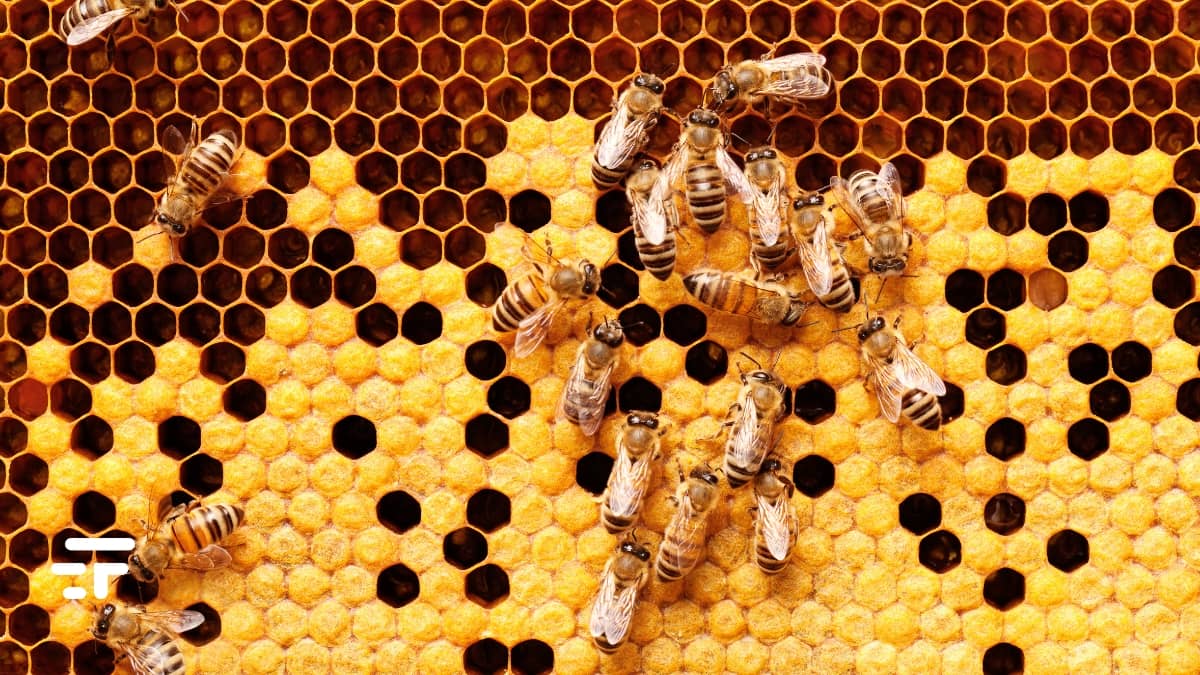Very soon, US beekeepers will have one more weapon against the disease that threatens their precious hives. A vaccine designed by the biotech company Dalan Animal Health, which aims to eradicate the devastating american foulbrood of bees (AFB), caused by a bacterium called paenibacillus larvae.
Plague bees are a species threat
This terrible plague can decimate an entire hive in just three weeks, leaving beekeepers little time to react.
It targets delicate bee larvae, which, once infected, become sacrificial victims in its thirst for destruction. And when it happens it is very difficult to eradicate. At that point all you can do is burn the hive, the tools and even the bees themselves.
Yet even this is not enough. Even a single surviving spore can lie in wait for 70 years, ready to infect the next colony it encounters.
Protect the bees, and ourselves
In 2022, Dalan embarked on an exciting adventure, sponsoring a placebo-controlled study to evaluate the safety and efficacy of their vaccine against bee AFB disease. The results? Surprising. Not only did the drug save the lives of the worker bees and the queen, but it also conferred valuable immunity on the next generation.
The U.S. Department of Agriculture recognized the importance of this treatment and granted a two-year conditional license for the Dalan bee vaccine. However, there is a possibility that the treatment will be extended for wider use beyond this period, if all goes as planned.
A vaccine for the future
The global decline of honey bees is a very serious problem, and it is no coincidence that solutions of all kinds. In the United States, factors such as factory farming, harmful pesticides, and climate change have caused the disappearance of 90% of bees since 1962.
This situation is an emblematic example of a global pollinator crisis that puts at risk not only natural ecosystems, but also a third of the global food supply and the nutrition of our own species.
A study conducted by the prestigious Harvard University, and published last month in Environmental Health Perspectives (I link it here) revealed a sad reality: the pollination crisis is inexorably decreasing the production of fruit, vegetables and nuts, currently by 5%. Many people, especially in low-income nations, will find themselves without access to healthy foods: resulting in over 400.000 additional deaths.
In summary, a vaccine that protects bees also protects us.



